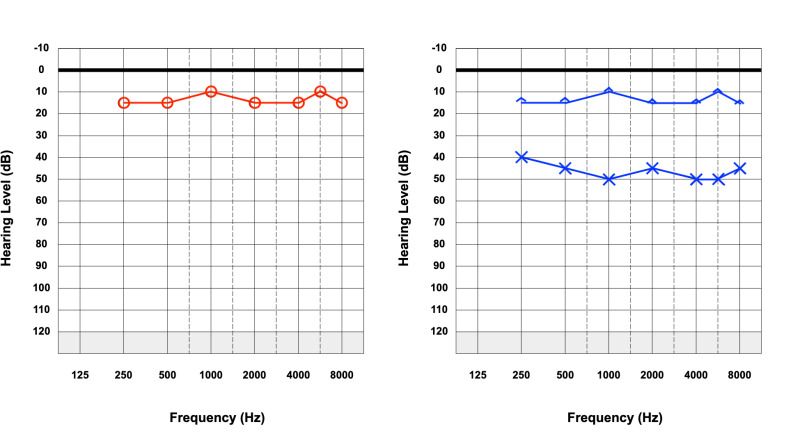Loneliness and Hearing Loss: A Catalyst for Cognitive Decline

Loneliness significantly exacerbates cognitive decline in individuals suffering from hearing loss, according to a recent study conducted by researchers at the University of Geneva (UNIGE). The findings, published in the journal Communication Psychology on July 16, 2025, reveal that the combination of these two factors accelerates memory decline, particularly among older adults.
The study analyzed data from approximately 33,000 older adults across twelve European countries, drawing from the Survey of Health, Ageing and Retirement in Europe (SHARE). This longitudinal survey, initiated in 2002, investigates various aspects of health and aging in individuals aged 50 and over. Researchers focused on understanding the dual impact of hearing impairment and loneliness on cognitive health, identifying three distinct profiles of participants: those who are socially isolated and feel lonely, those who are not socially isolated but still feel lonely, and those who are socially isolated but do not feel lonely.
"Previous studies have suggested that the interplay between social isolation and hearing loss could negatively impact cognitive function, yet very few have explored this in depth," said Charikleia Lampraki, a postdoctoral researcher at UNIGE's Faculty of Psychology and Educational Sciences and the study’s first author. The results indicate that individuals who experience loneliness—regardless of their social connections—face a heightened risk of cognitive decline when coupled with hearing impairment.
According to a report by the World Health Organization (WHO), nearly 2.5 billion people worldwide are projected to experience hearing loss by 2050. This statistic highlights the urgency of addressing hearing health, particularly in older adults, as over 25% of this demographic already experiences disabling hearing impairment. The WHO further notes that the risk of cognitive decline can be two to three times greater among those affected.
The UNIGE research team’s analysis found that individuals who are socially integrated but feel lonely are particularly vulnerable. "Our findings support the importance of addressing both hearing loss and the social and emotional dimensions of individuals in efforts to prevent cognitive decline," remarked Matthias Kliegel, a full professor in the Cognitive Ageing Laboratory at UNIGE and co-author of the study. This insight underscores the need for early and preventive hearing care, as simple interventions, such as the use of hearing aids, may significantly enhance engagement in social life and protect cognitive health.
The implications of this research extend beyond individual well-being, suggesting that public health initiatives should prioritize both hearing interventions and social support systems for the elderly. As societies grapple with an aging population, understanding the interconnectedness of sensory health and social factors will be crucial in formulating effective health policies.
In conclusion, the research conducted by UNIGE emphasizes the critical intersection of loneliness and hearing loss in accelerating cognitive decline. As the global population ages, addressing these issues through targeted interventions will be vital in promoting cognitive health and enhancing the quality of life for older adults. Future research should continue to explore these dynamics, potentially informing broader strategies to mitigate cognitive decline across diverse populations.
Advertisement
Tags
Advertisement





